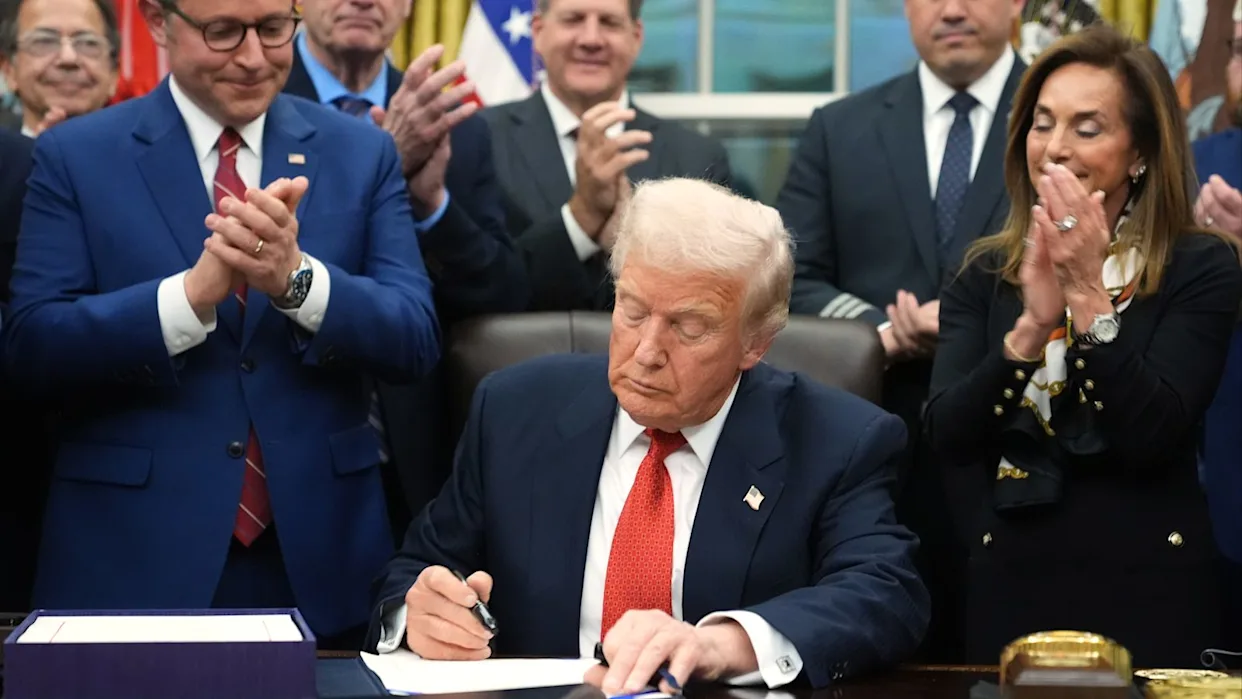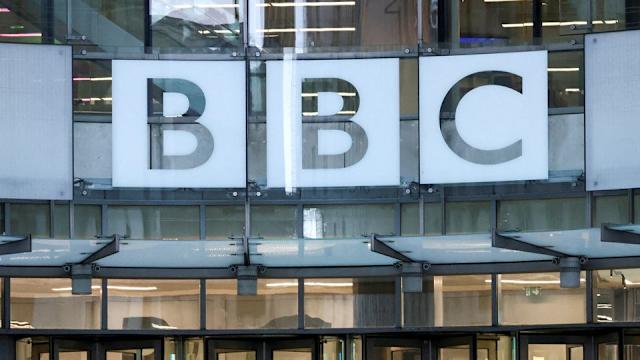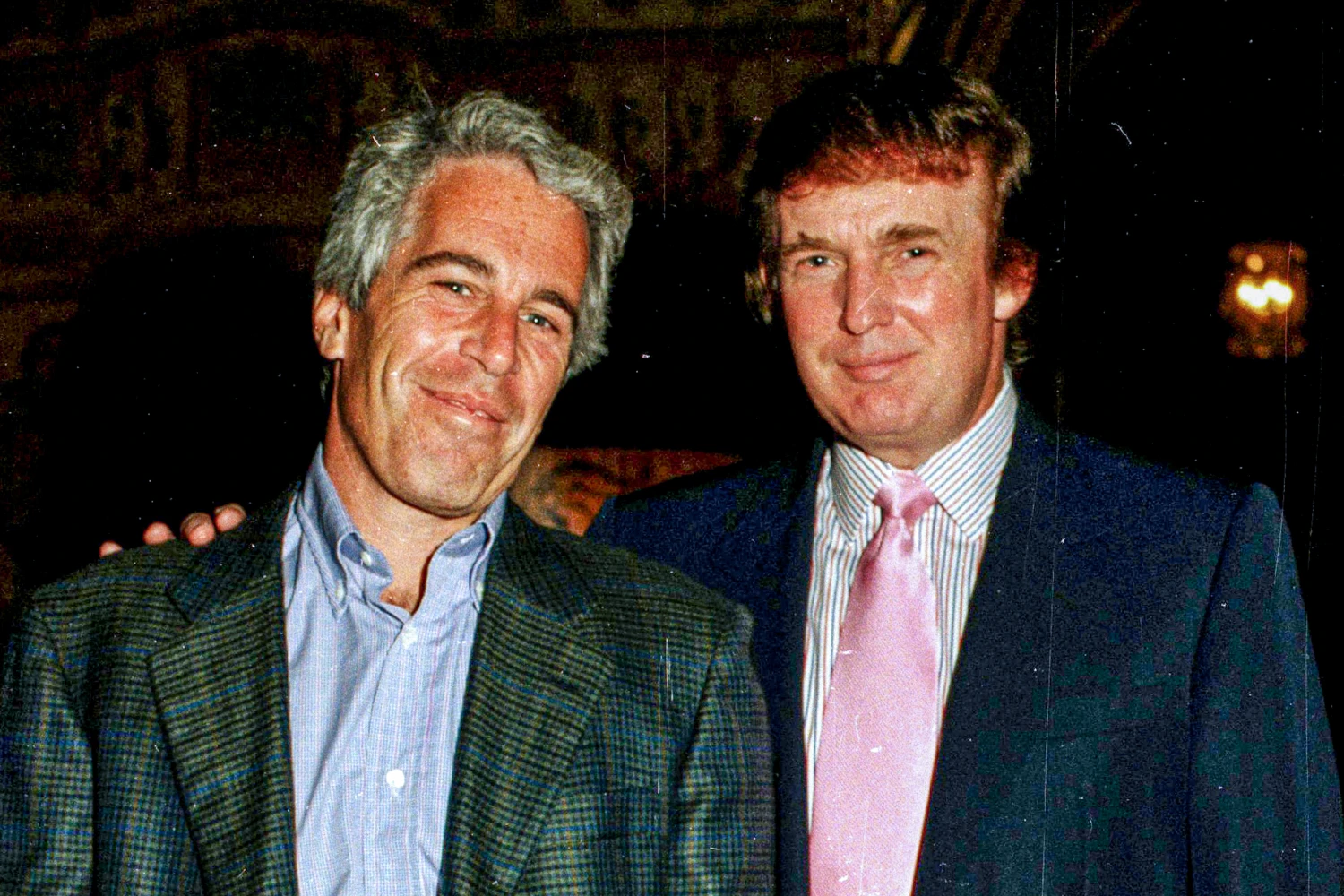Federal Operations Resume After Historic 43-Day Shutdown
After more than six weeks of suspended services and unpaid federal employees, President Donald Trump has officially signed a short-term budget bill to reopen the U.S. government. This move marks the point where Trump ends longest government shutdown in the nation’s history.
The new funding package, which keeps operations running through January 30, was approved by the House of Representatives in a 222–209 vote. This was followed by a narrow Senate passage. In the Oval Office, Trump remarked that the government would now “resume normal operations,” acknowledging that “people were hurt so badly” during the closure of what became known as the longest government shutdown.
During the shutdown, approximately 1.4 million federal workers either worked without pay or were placed on unpaid leave. The ripple effects were felt nationwide. With Trump ending this historic shutdown, services like SNAP benefits were disrupted. It also intensified airport delays due to staff shortages. Moreover, numerous agencies, including NASA and the National Park Service, were forced to halt public operations.
Political Divide Deepens Over Funding and Healthcare Debate
The end of the shutdown came after intense partisan clashes between Democrats and Republicans. Senate Democrats initially blocked the spending bill. They insisted on an extension of healthcare subsidies for low-income Americans, which were due to expire by year’s end. With this major shutdown finally over, the debate continues.
Despite being in the minority, Democrats leveraged procedural rules to stall the funding process. This created a stalemate that paralyzed Washington. However, a group of eight Democratic senators broke ranks. They voted in favor of the compromise after securing a promise for a December vote on the healthcare subsidies.
Republicans maintained that healthcare issues could be addressed separately once the government was operational again. The compromise triggered sharp criticism from party leaders like House Minority Leader Hakeem Jeffries and California Governor Gavin Newsom. They accused the deal of failing to address core policy concerns. Senator Chuck Schumer argued that the agreement “does nothing of substance to fix America’s healthcare crisis.”
Meanwhile, Democratic Senator Tim Kaine defended the bipartisan move. He noted that federal employees in his state were “saying thank you” for the chance to return to work and receive delayed compensation. The shutdown had heavily impacted regions dependent on federal agencies, especially near Washington, D.C., where thousands of civil servants live and work.
Short-Term Relief, Long-Term Uncertainty Ahead
While the spending bill restores federal pay and services, it provides only temporary relief. The short-term funding expires on January 30. This sets up yet another potential confrontation between the White House and Congress, following the shutdown’s end.
The bill includes full-year funding for the Department of Agriculture, military construction, and legislative agencies. It guarantees back pay for federal workers and extends the Supplemental Nutrition Assistance Program through September of next year.
The shutdown also exposed vulnerabilities in essential sectors like air travel. The Federal Aviation Administration had to cut air traffic operations due to staff shortages. This caused widespread flight delays and disruptions, particularly during the Thanksgiving travel rush.
Despite the reopening, political tensions remain high. Trump has continued to place blame on Democrats, accusing them of “doing it purely for political reasons.” He also urged his supporters not to “forget what they’ve done to our country” when midterm elections arrive, connecting it to the end of the shutdown.
Adding to the political drama, newly elected Arizona Representative Adelita Grijalva was sworn into office during the vote to reopen the government. She filled the seat of her late father, Raul Grijalva. One of her first actions was signing a petition demanding the release of documents related to high-profile criminal investigations. This was an indication that the next legislative session could bring renewed scrutiny on federal transparency and oversight.
As Washington braces for another funding deadline, Americans remain watchful of whether this temporary truce can lead to lasting solutions. They also watch to see if the nation will once again face the threat of another government shutdown in early 2026.






